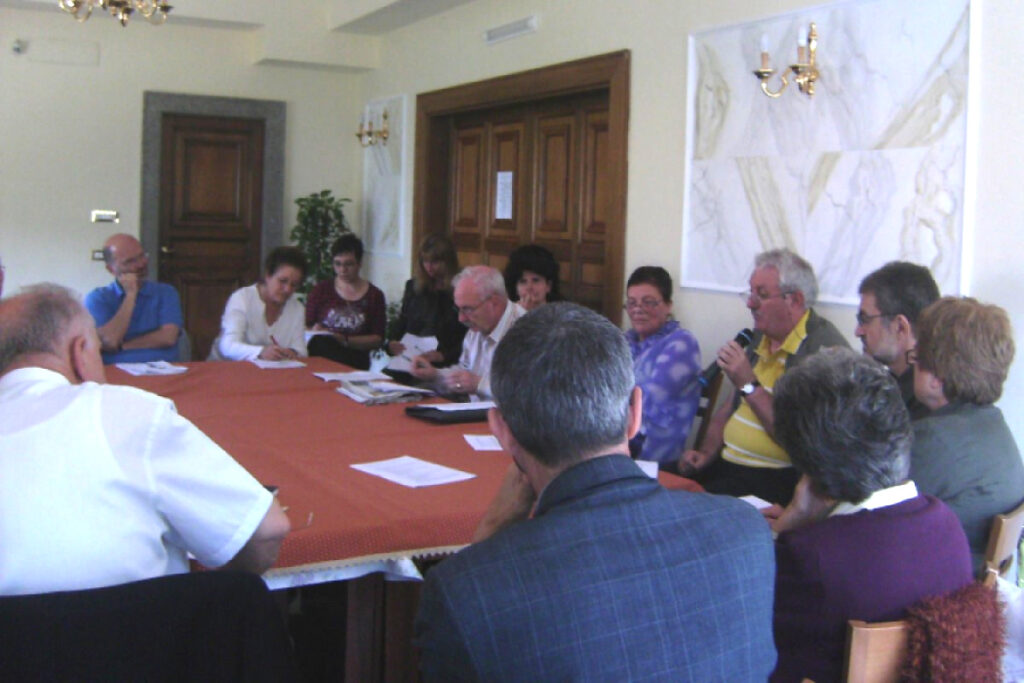Dialogue4Unity is the communication platform ofDialogue with people of non-religious beliefsof theFocolare Movement. We are friends who, although not everyone has an interest in a religious faith, are certainly not indifferent to the great, immense problems of our time. Indeed, we intend to put our strengths, the treasures of our hearts and our knowledge at the service of humanity. We are confident that, by focusing on even partial realization of the unity of the human family, many difficulties will disappear by themselves and many questions will be answered.
Focolare
The Focolare Movement is a large and varied family, it is a "new people born from the Gospel", as its founder, Chiara Lubich, defined it, who started it in 1943 in Trento (Italy), during the Second World War, as a flow of spiritual and social renewal. Today it is widespread in 182 countries with 2 million members who adhere to it and live its spirituality.
Its objective is to cooperate in building a more united world, respecting and enhancing diversity. And to achieve this objective, dialogue is a priority, in the constant commitment to building bridges and fraternal relationships between people, cities and cultural spheres.
Although it was born within the Catholic Church, the Focolare Movement has within it Christians from many Churches and Christian communities, faithful of other religions and people of non-religious beliefs. Everyone adheres to it by sharing his spirit and purpose, without giving up his own beliefs and convictions, always remaining faithful to his own conscience.
The Focolare Movement carries out actions in favor of brotherhood and peace in the economic, social, cultural and political fields. The legacy left by Chiara Lubich continues today to inspire people, groups, associations and movements to be a leaven in society.
Origin of this dialogue
At the end of the 70s with the spread of the Focolare Movement, the openness towards people without a religious faith such as agnostics, indifferents and atheists, matured to the point of expressing itself in a dialogue with its own physiognomy since unity is also respect depth of man, of his dignity, of his identity, of his culture, of his needs and of what he believes in. In this regard, the "International Center for Dialogue with People of Non-Religious Beliefs" was founded in 1978.
In 1992 the first international conference was organized in Castelgandolfo (Italy). Chiara Lubich personally met the Dialogue group with people of different beliefs in 1995 in Loppiano (Italy) and in 1998 in Castelgandolfo and answered their questions. In December 2003 Chiara promoted in-depth courses carried out in collaboration between those who have a faith and those who do not recognize themselves in a religious belief where some points of the spirituality of the movement are presented (for example "the choice of God as Love", "doing the will of God", "the art of loving" and "mutual love") and the corresponding secular themes ("the choice of values" and "listening to conscience", "the culture of giving and reciprocity ” and “solidarity”), strengthening everyone's values and “refining” conscience.

The foundation
We are people of faith and people of non-religious beliefs. We collaborate with the objective of universal brotherhood and are committed, through dialogue, to building fraternal relationships between individuals, peoples, religions and cultures, respecting and valuing diversity.
We seek to build generous relationships with everyone we meet in daily life. For this reason, the spirituality of unity opens a path of profound personal renewal for everyone, religious and non-religious, in any circumstance or situation.
We help each other with regular meetings in different cities and also through international meetings as well as cultural and social activities.
It is an "all-round" dialogue, that is, it cannot be sectoral or reserved only for certain moments or occasions because it arises from an openness to others which is rooted in the depths of thinking and acting.
Dialogue from different positions is possible if on both sides there is:
- awareness of one's identity,
- total respect for others and their culture,
- the reciprocity of those who know they have a lot to give and just as much to receive,
- the inexhaustible patience to listen to understand and deal with the reasons of others, always considered an enrichment,
- the awareness that the beliefs of others have as much dignity as ours.
